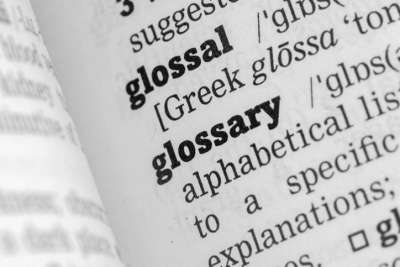Authentic Assessment Overview
How well do multiple-choice tests really evaluate student understanding and achievement? Many educators believe that there is a more effective assessment alternative. These teachers use testing strategies that do not focus entirely on recalling facts. Instead, they ask students to demonstrate skills and concepts they have learned. This strategy is called authentic assessment.
| How can you encourage students to apply their knowledge and skills to real-world tasks? |
What is authentic assessment?
Authentic assessment aims to evaluate students' abilities in 'real-world' contexts. In other words, students learn how to apply their skills to authentic tasks and projects. Authentic assessment does not encourage rote learning and passive test-taking. Instead, it focuses on students' analytical skills; ability to integrate what they learn; creativity; ability to work collaboratively; and written and oral expression skills. It values the learning process as much as the finished product.
In authentic assessment, students:
- do science experiments
- conduct social-science research
- write stories and reports
- read and interpret literature
- solve math problems that have real-world applications
Why might I use authentic assessment methods in my classroom?
Many teachers are dissatisfied with only using traditional testing methods. They believe these methods do not test many skills and abilities students need to be successful. These educators assert that students must be prepared to do more than memorize information and use algorithms to solve simple problems. They believe students should practice higher-order thinking skills, and criticize tests they feel do not measure these skills.














